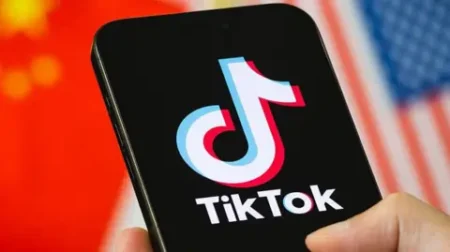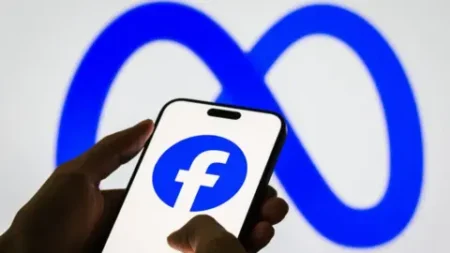In recent years, the rise of artificial intelligence has posed significant challenges to online safety, particularly in differentiating between human users and bots. To tackle this pressing issue, a company co-founded by Sam Altman, known for his leadership at OpenAI, is venturing into a complex realm of identity verification with a new tool called the Orb. This innovative technology aims to provide a more robust solution for identifying real humans in a digital landscape increasingly undermined by bots, scams, and fraudulent accounts.
The Orb itself is designed to analyze facial features, including unique traits in the eyes and the face’s reaction to light. During a personal trial of the device, the Orb was unable to recognize the user as a “unique human.” This unexpected failure was attributed to the user wearing blue-light blocking contacts, which led the device to misinterpret the situation, viewing it as an effort to disguise identity. Tiago Sada, the chief product officer at Tools for Humanity, the company behind the Orb, expressed understanding, stating, “Well, that’s sad, but I’m grateful that it rejected you,” when the device reported an obstruction in the user’s face.
With the rise of sophisticated AI systems, traditional methods of human verification, such as CAPTCHA, have become increasingly obsolete. AI tools can now easily bypass these checks, thus emphasizing the necessity for more effective measures to combat the proliferation of fake accounts. This need is especially evident in domains susceptible to bot manipulation, including ticket sales, social media interactions, and online dating platforms. Sada noted, “Every single time tickets go live, bots go and buy tickets; they drive up the prices,” highlighting the pervasive impact of bots on various sectors.
However, gaining widespread acceptance for a high-tech device like the Orb poses a considerable challenge. There are significant hurdles to overcome, particularly regarding public sentiment towards privacy. Several jurisdictions, including the United Kingdom and Hong Kong, have already taken steps to ban the Orb amid rising concerns about data privacy. Critics argue that initiatives led by influential tech figures like Altman could shape a future some people may not desire.
Despite these challenges, Sada remains adamant about the necessity of a service that verifies human identity. He suggested that in all sectors—from finance to social media—the concept of proving one’s humanity is increasingly pertinent. When a user has their face scanned by the Orb, the technology records critical biometric data, which leads to the generation of a unique digital identity known as “WorldID.” This digital passport simplifies verification processes across multiple online platforms, acting similarly to Face ID but with broader applicability.
Sada envisions practical applications for WorldID, such as its use by banks to verify customer identities instead of relying on traditional security questions that may be easily guessed by scammers. Currently, WorldID has limited application across certain platforms, including Reddit and Shopify, where users enjoy access to exclusive perks designated for verified humans. Impressively, over 12 million users have already utilized the Orb, which is deployed in more than twenty countries worldwide, often located in malls or public events.
However, as Tools for Humanity progresses, the Orb is temporarily unavailable in the United States due to updates in technology. The company is embarking on plans to make the Orb available for home verification services, starting with Latin America. The overarching aim is to integrate this technology into a broader ecosystem, referred to as “World,” which serves as a verified identity repository for users.
With the launch of the World network, there are emerging avenues for cryptocurrency, allowing users to transact using “Worldcoin,” a digital token specifically for the verified community. Tools for Humanity supports the notion that Worldcoin can offer economic benefits, such as providing a potential source for universal basic income — a concept championed by Altman.
Nevertheless, the project’s premise has drawn concerns, particularly regarding the balance between user autonomy and the potential centralization of power under influential figures. The Orb’s operation also invites scrutiny from privacy regulators, especially due to its collection of sensitive biometric data. Tools for Humanity claims that the images captured by the Orb are encrypted and deleted following user verification — a measure intended to alleviate privacy concerns.
In conclusion, while the Orb and its associated technologies present innovative solutions to the challenges of online identity verification, they also spark fervent debate about privacy, ethics, and the role of technology in our lives. Both supporters and critics recognize the urgent need to address the issue of bot infiltration, underscoring the significance of developing a safe and effective means of confirming human identity in an increasingly automated world. The journey of the Orb reflects broader societal discussions about trust, technological evolution, and the ongoing struggle to protect individual liberties in a digital framework.











